Rio 2016 Paralympics: Opening ceremony lifts the gloom
President booed and Belarus athlete makes Russia protests, but vibrant spectacle still captures the imagination
A free daily email with the biggest news stories of the day – and the best features from TheWeek.com
You are now subscribed
Your newsletter sign-up was successful
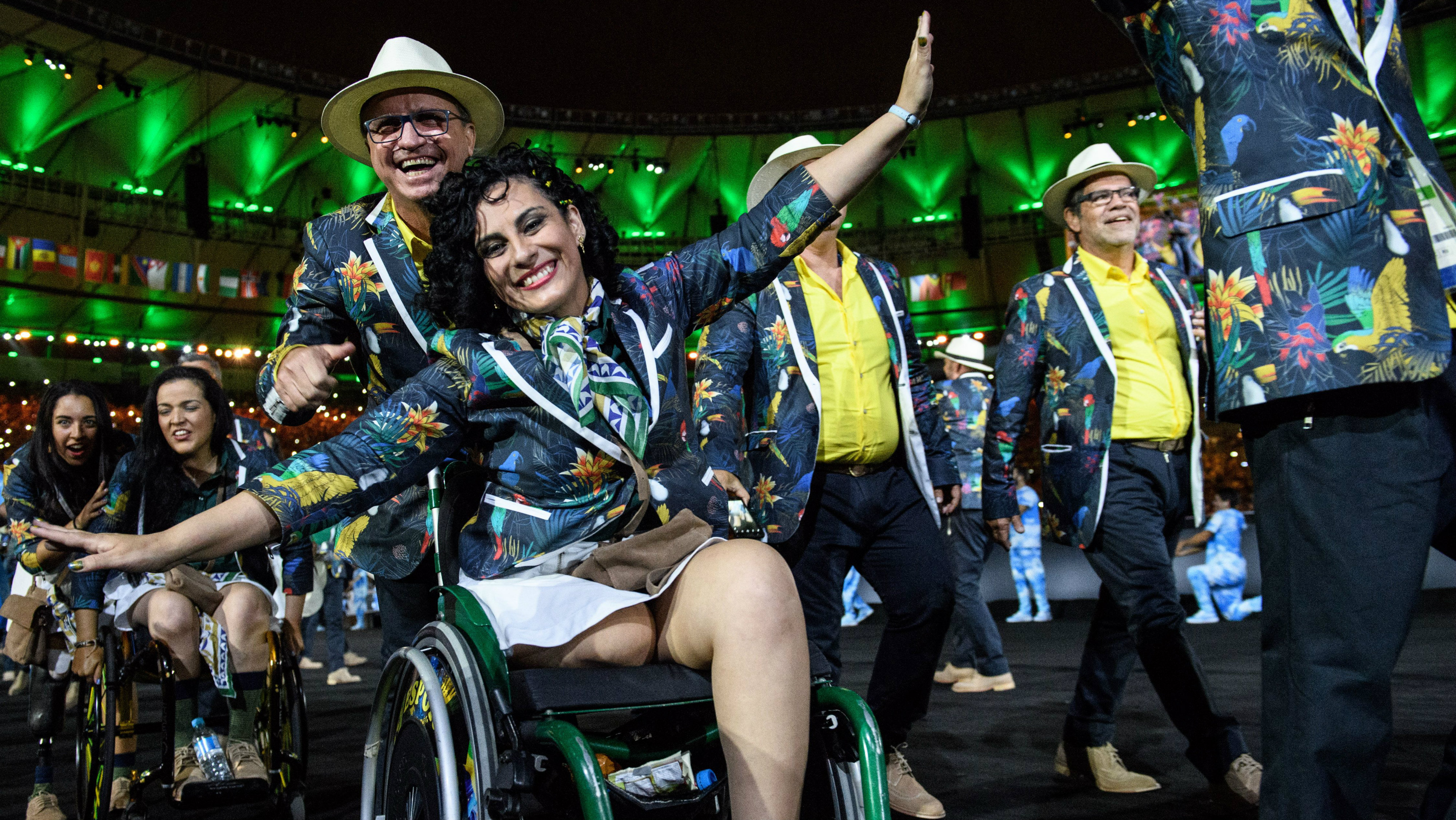
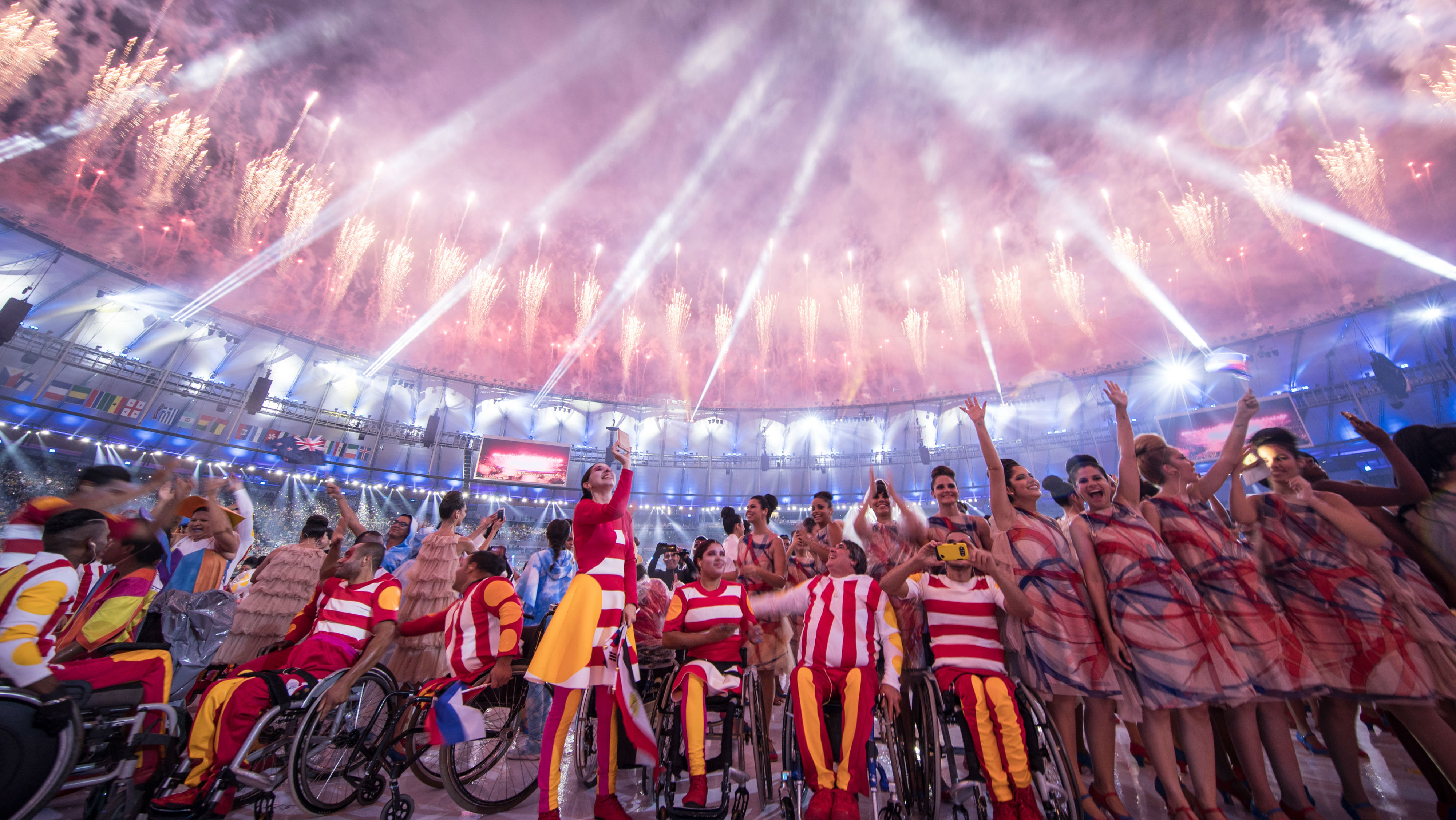
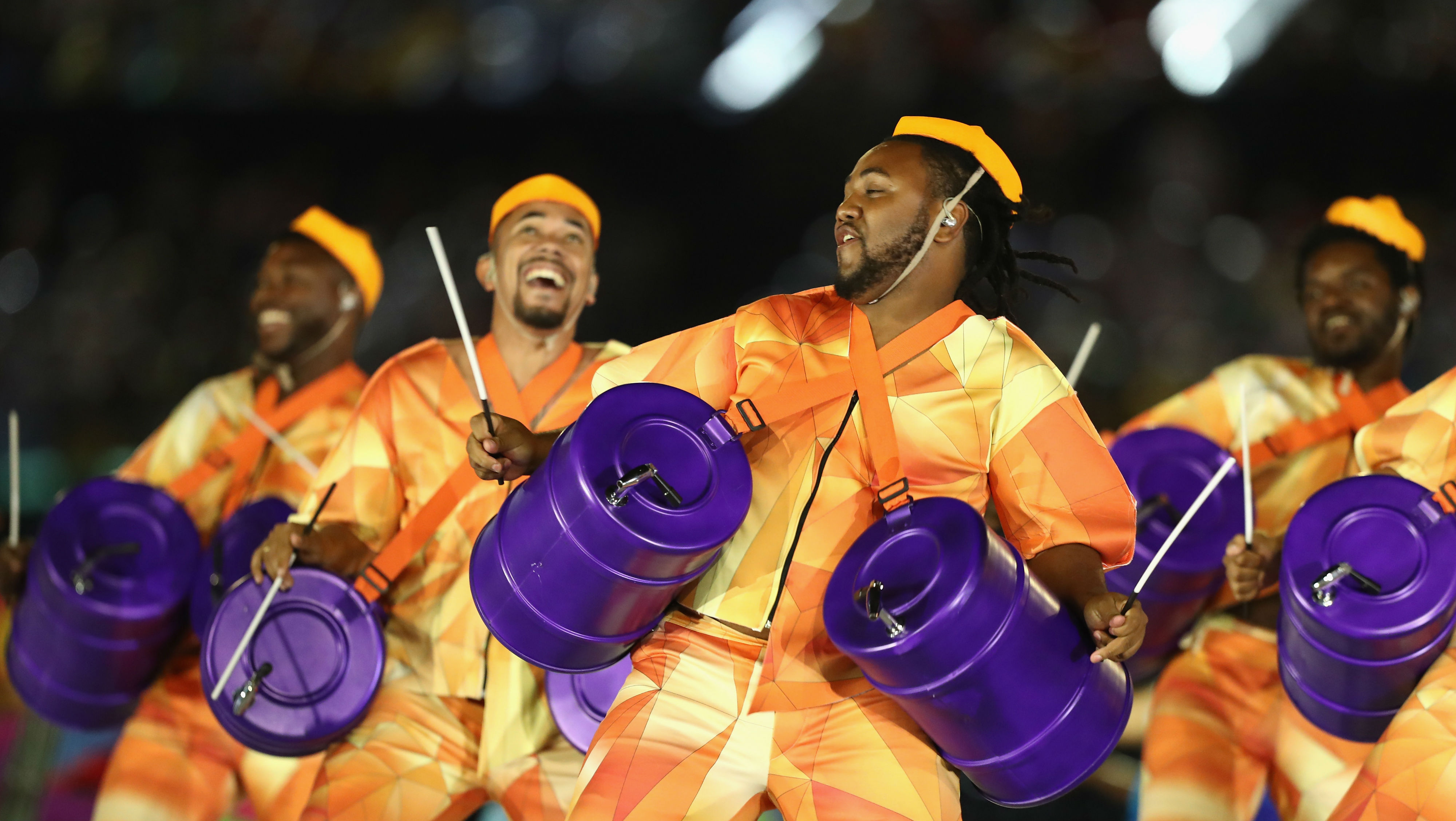
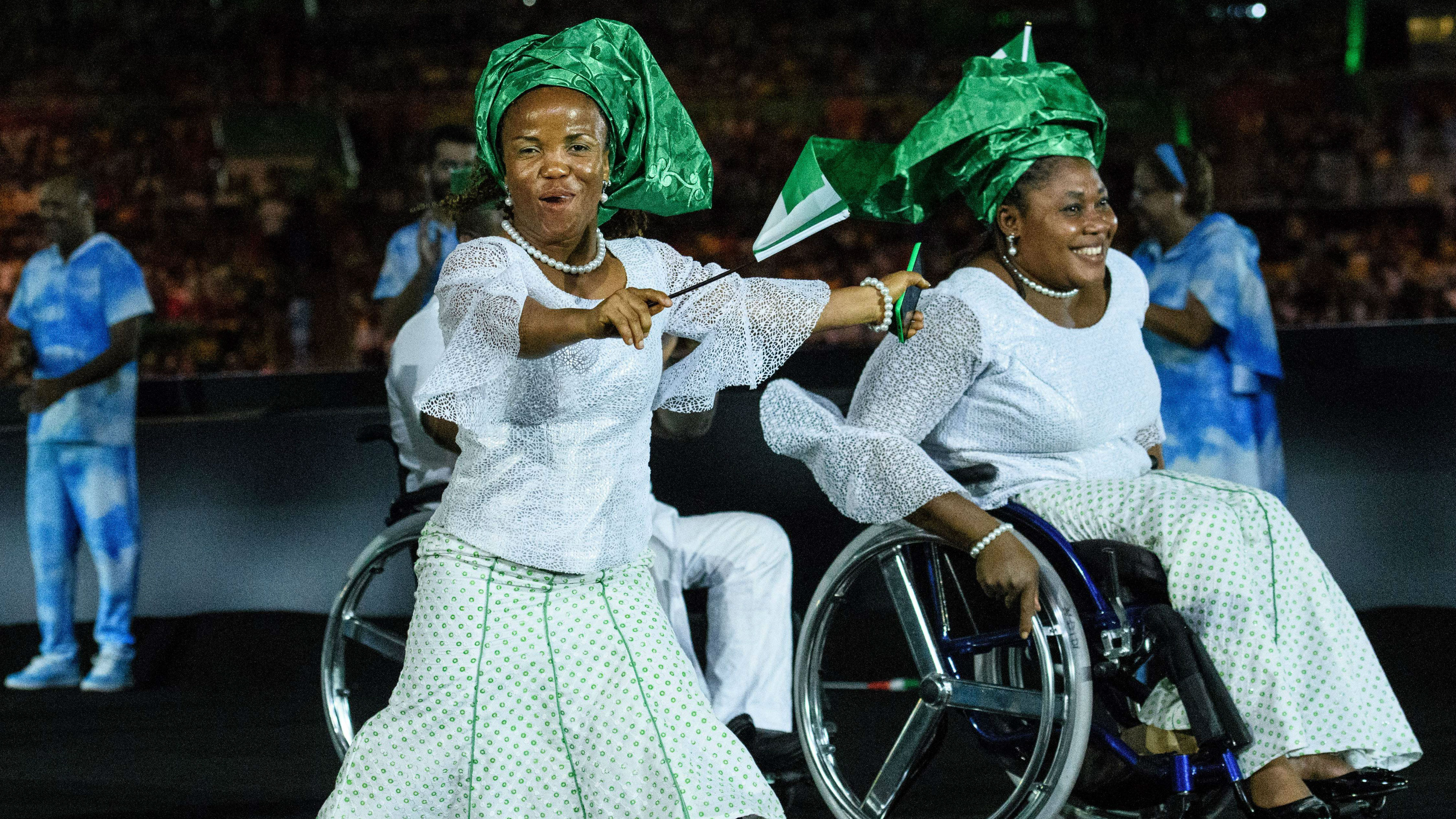
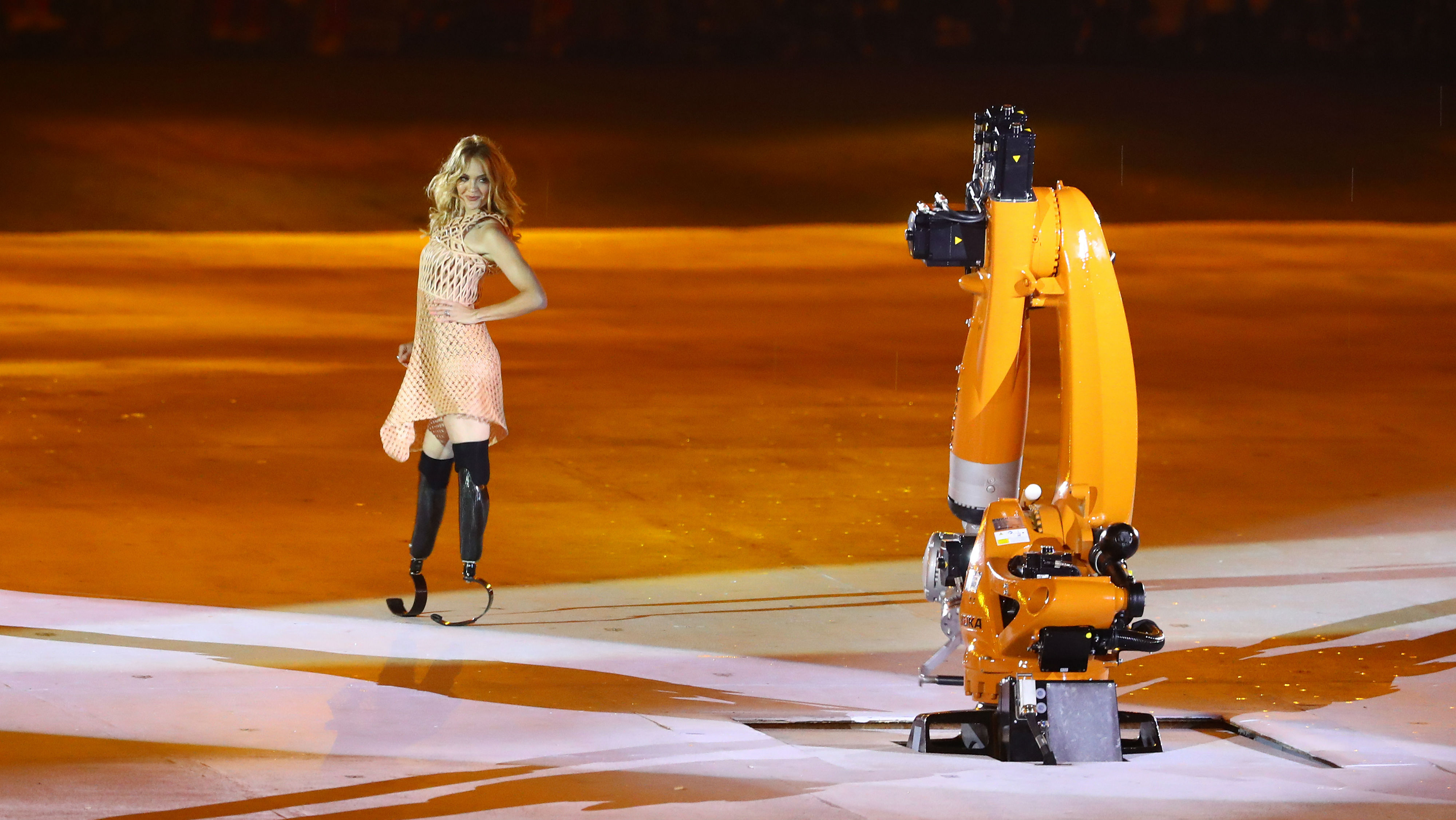
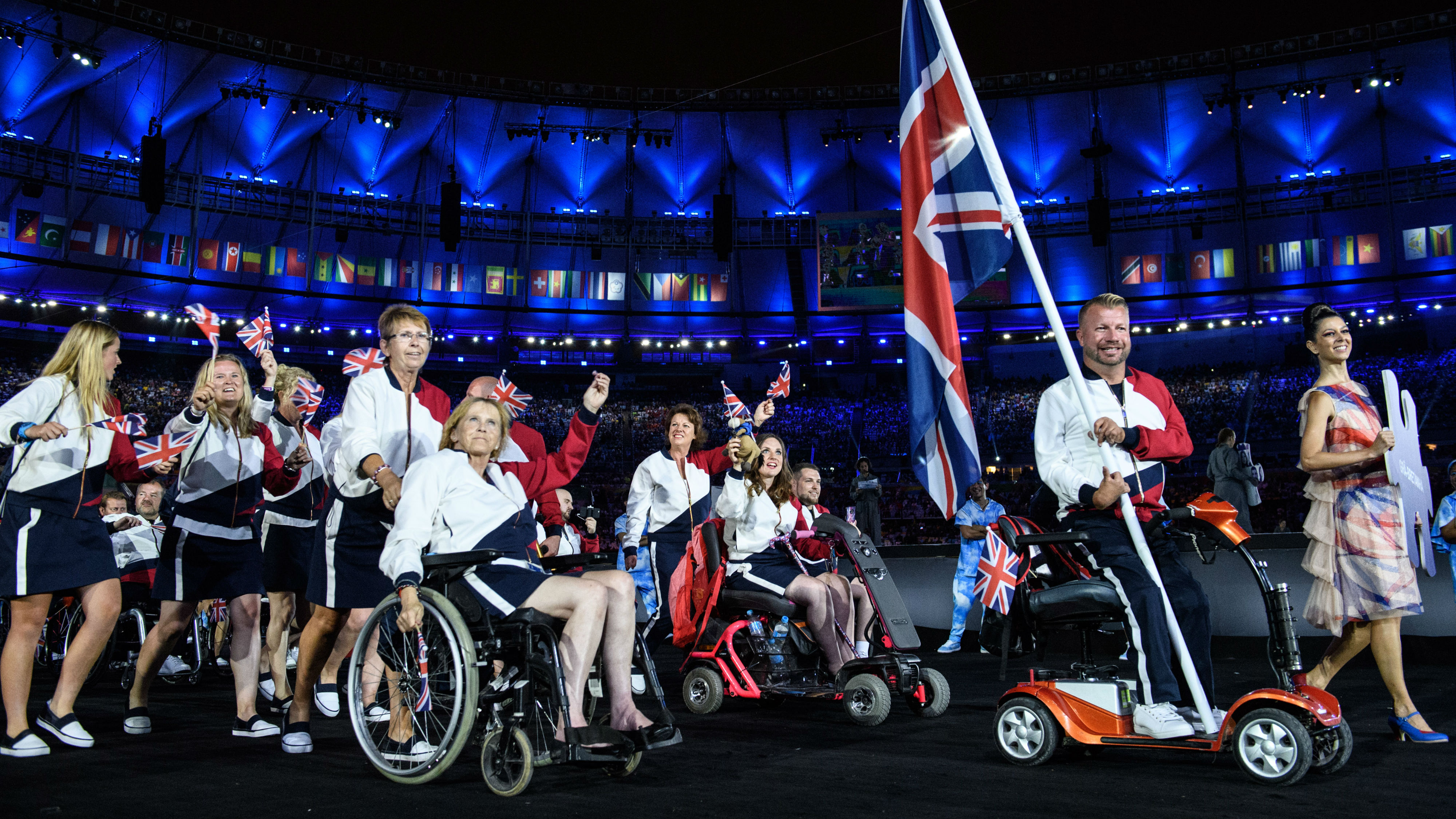
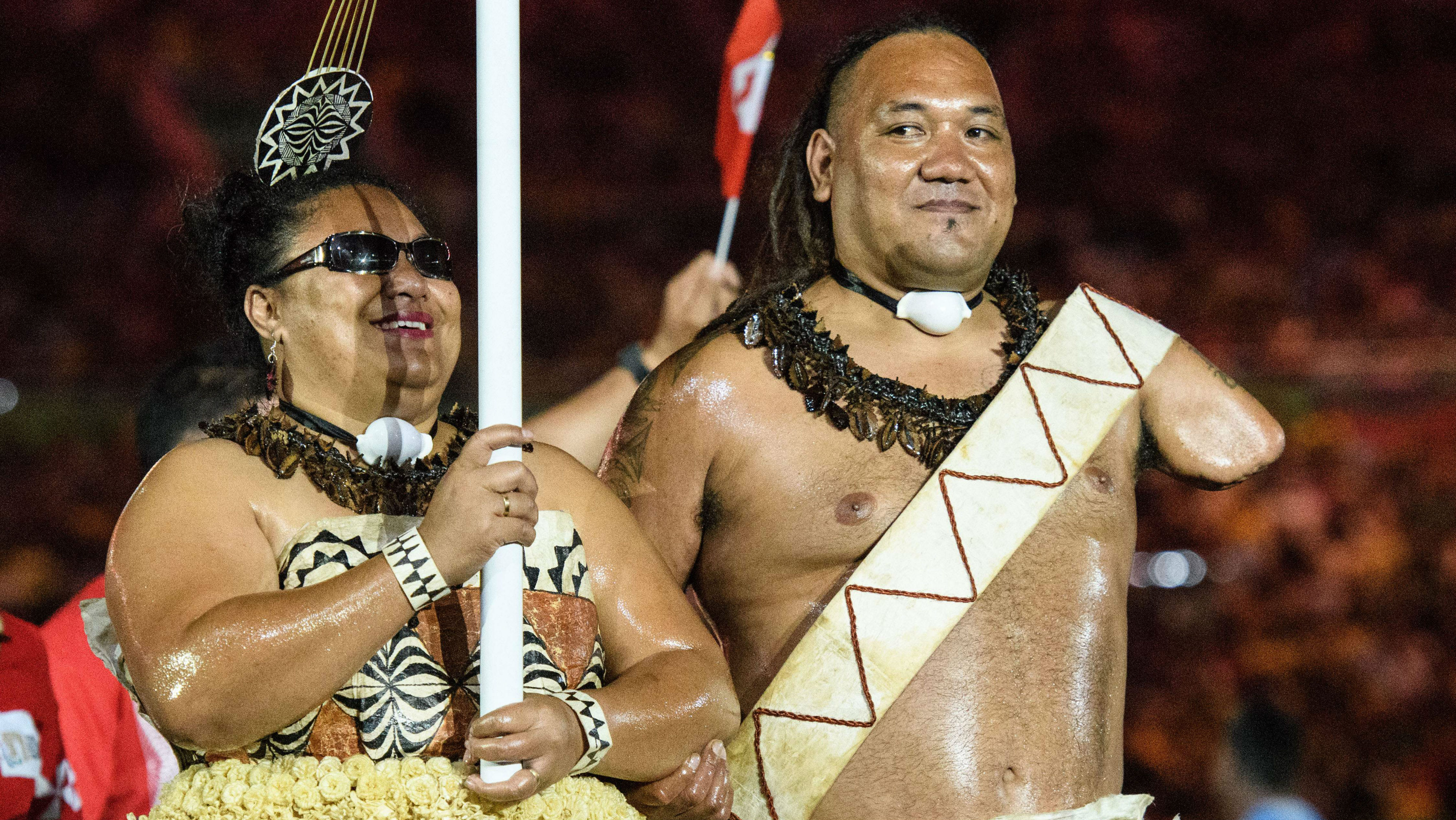
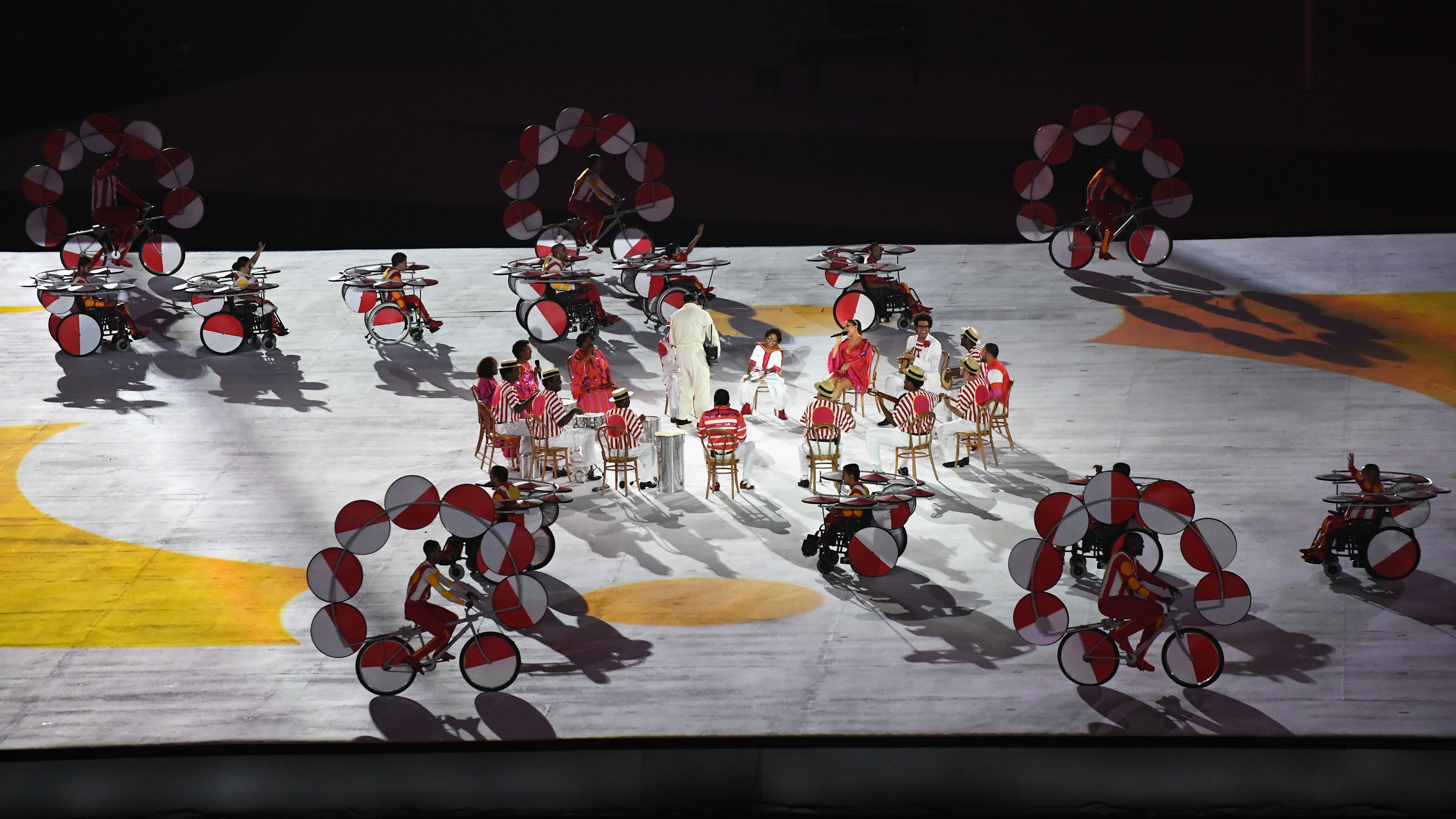
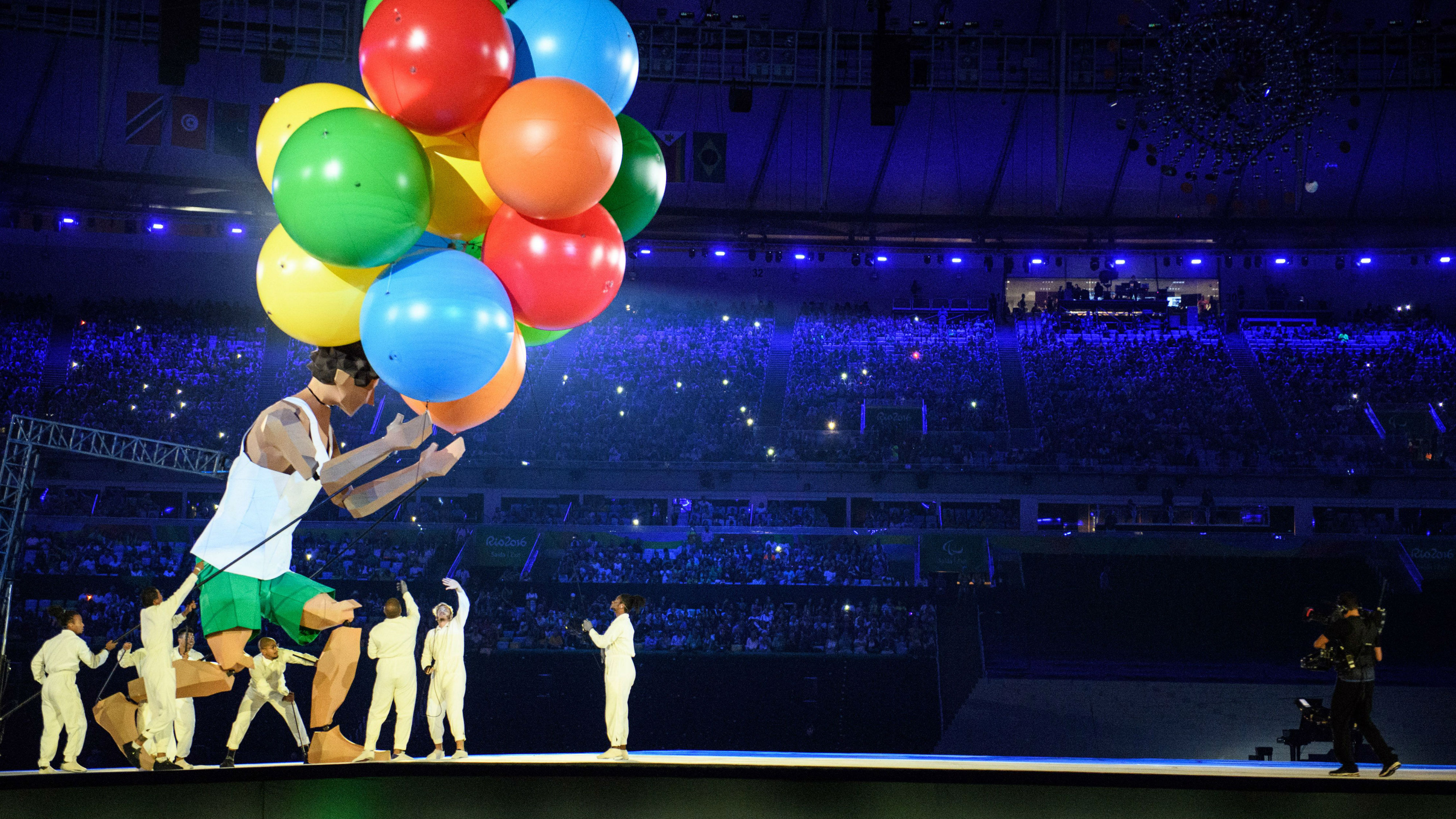
The Rio 2016 Paralympics look set to defy expectations after a vibrant opening ceremony that did much to dispel the gloom surrounding the event following its troubled build-up.
The Maracana stadium was full for the spectacle that began with extreme wheelchair athlete Aaron 'Wheelz' Fotheringham zooming down a six-storey ramp and somersaulting through a giant zero lit up by fireworks.
[[{"type":"media","view_mode":"content_original","fid":"100136","attributes":{"class":"media-image"}}]]
The Week
Escape your echo chamber. Get the facts behind the news, plus analysis from multiple perspectives.

Sign up for The Week's Free Newsletters
From our morning news briefing to a weekly Good News Newsletter, get the best of The Week delivered directly to your inbox.
From our morning news briefing to a weekly Good News Newsletter, get the best of The Week delivered directly to your inbox.
"That was the first of many feats which will astound at the Games, which have belatedly captured the imagination, 17 days after the Olympics closed with the Paralympics embroiled in the worst build-up in its 56-year history," says Richard Amofa of the Daily Telegraph.
"As the parade of nations took place, a 1160-piece jigsaw made up of 6315 photos of the athletes formed, depicting a heart," says Amofa. "Hosts Brazil were met by a huge cheer as they entered the arena and completed the puzzle, and the heart began to beat. The spectacular pulsating heart symbolised the life, passion and spirit of the Paralympics."
The opening ceremony also carried a serious message. "One of the most striking parts of the ceremony was when bright lights temporarily 'blinded' the crowd to try to show spectators the reality Paralympic athletes face, forcing them to rely on other senses such as hearing," reports the BBC.
The cauldron was lit by Brazilian swimmer and wheelchair user Clodoaldo Silva. He was initially faced with a flight of stairs, which transformed into a ramp. Sir Philip Craven, who is head of the International Paralympic Committee, said there would be many more empowering performances during the games.
A free daily email with the biggest news stories of the day – and the best features from TheWeek.com
"People with disabilities in Rio will certainly welcome a new approach to their needs as the city has notoriously limited wheelchair access, with high kerbs, uneven pavements and no ramps into many public buildings," says The Times.
Amid the samba dancing and pyrotechnics there was also controversy. Rio 2016 organising committee president Carlos Nuzman was booed during his speech, as was Brazil's new president, Michel Temer, a short while later. Temer has ousted the country's legitimate president Dilma Rousseff, who has been impeached and removed from office.
There was also a sour note from the Belarus contingent, one of whom unveiled a Russian flag as the athletes paraded. Russia have been banned from the games over their doping programme.
"While the show of defiance from Belarus took attention away from the spectacle of the opening ceremony, at least the IPC and the Rio 2016 organising committee could take encouragement from the way that locals embraced the Paralympic spirit on Brazilian Independence Day," says The Guardian.
Paralympics 2016: When is it on and can Rio pull it off?
25 August
There have been plenty of scare stories in the build up to the Rio Paralympics just as there were before the 2016 Olympics.
Money has reportedly been diverted away from the event to pay for running repairs during the Olympics, ticket sales have been sluggish at best and there is a political row brewing after Russia was banned from the Games.
So after the organisers just about kept things on track during the Olympics, will the Paralympics manage a similar feat or will they pay the price?
When do the Paralympics begin and how can I watch them?
The Games get underway on 7 September and run until 18 September. Once again they will be broadcast on Channel 4 in the UK, with coverage fronted by the ubiquitous Clare Balding, who has switched channels from the BBC to anchor the event.
The broadcaster will air 19 hours of Paralympic coverage each day across its channels, with live events backed up by other content including talkshow The Last Leg, presented by Adam Hills, Josh Widdicombe and Alex Brooker, live every night from Rio.
Will it run smoothly?
It could be a rude awakening after the success of London 2012, warns Jackie Ashley of The Guardian.
"In Rio, there's a real danger of it being back to business as usual," she warns. "Extra funding for the Olympics was diverted away from the Rio Paralympics. Olympic venues were closed and dismantled. Transport services were cut. Worst of all, a question mark has been thrown over grants enabling disabled athletes from 40 of the world's poorest countries to come to Rio. By mid August, only 12 per cent of tickets had been sold."
Brazil "is doing its best to save the Paralympic Games," she says. "But it does show how incredibly difficult it can be to keep momentum going for disabled athletes, and disability issues generally.
What has been happening?
With a shortfall of around $60m (£45m) extra money has been freed up from the government.
This means most travel grants have now been paid, says the BBC, although ten countries are still struggling to get their teams to Rio.
And some cuts have been made, adds the BBC. The Rio 2016 Paralympic workforce has been downsized, transport services have been cut and some media centres will be closed. There have also been alterations to venues, with the wheelchair fencing moved to the Olympic Park.
Any other problems?
Yes. Much of the financial mess has been caused by poor ticket sales. By the time the Olympics finished, only 12 per cent of Paralympic tickets had been sold, although the organisers reported the best day of ticket sales to date this week, with 133,000 snapped up on Tuesday. But that still leaves some two million tickets (around 80 per cent) unsold.
"Fears of Zika virus, political unrest and high crime saw sporting heroes such as Usain Bolt and Jessica Ennis-Hill often performing to just 30 per cent of the main stadium's 60,000 seat capacity," says the Daily Mirror.
Things could be even worse for the Paralympics and the paper reports that competitors themselves have "been forking out their own cash for tickets in order to fill empty seats".
"Money raised by athletes, and members of the public worldwide, will be used to buy tickets before offering them to hard-up locals," it says.
And what about Russia?
The International Paralympic Committee won praise for its tough line on Russia after the doping scandal. It did what the International Olympic Committee failed to do and threw Russia out of the Games.
However, that has created a political storm. Russia had an appeal against the ban thrown out of court this week and President Vladimir Putin branded the decision "immoral", while sports minister Vitaly Mutko said it was "political".
However, Team GB has benefited as the confirmation of the ban has allowed other teams to send more athletes to the Games, and an extra nine spaces have been freed up for British Paralympians.
Who to watch?
Team GB will be hoping to replicate the success of the Olympic team and there are some big names to watch over the 11 days of action.
Fans will remember the likes of Ellie Simmonds, Jonny Peacock, Hannah Cockroft and David Weir from 2012, while the Daily Mail tips sprinter and long-jumper Olivia Breen to return home as a household name, with three gold medals to her name.
-
 Why are election experts taking Trump’s midterm threats seriously?
Why are election experts taking Trump’s midterm threats seriously?IN THE SPOTLIGHT As the president muses about polling place deployments and a centralized electoral system aimed at one-party control, lawmakers are taking this administration at its word
-
 ‘Restaurateurs have become millionaires’
‘Restaurateurs have become millionaires’Instant Opinion Opinion, comment and editorials of the day
-
 Earth is rapidly approaching a ‘hothouse’ trajectory of warming
Earth is rapidly approaching a ‘hothouse’ trajectory of warmingThe explainer It may become impossible to fix
-
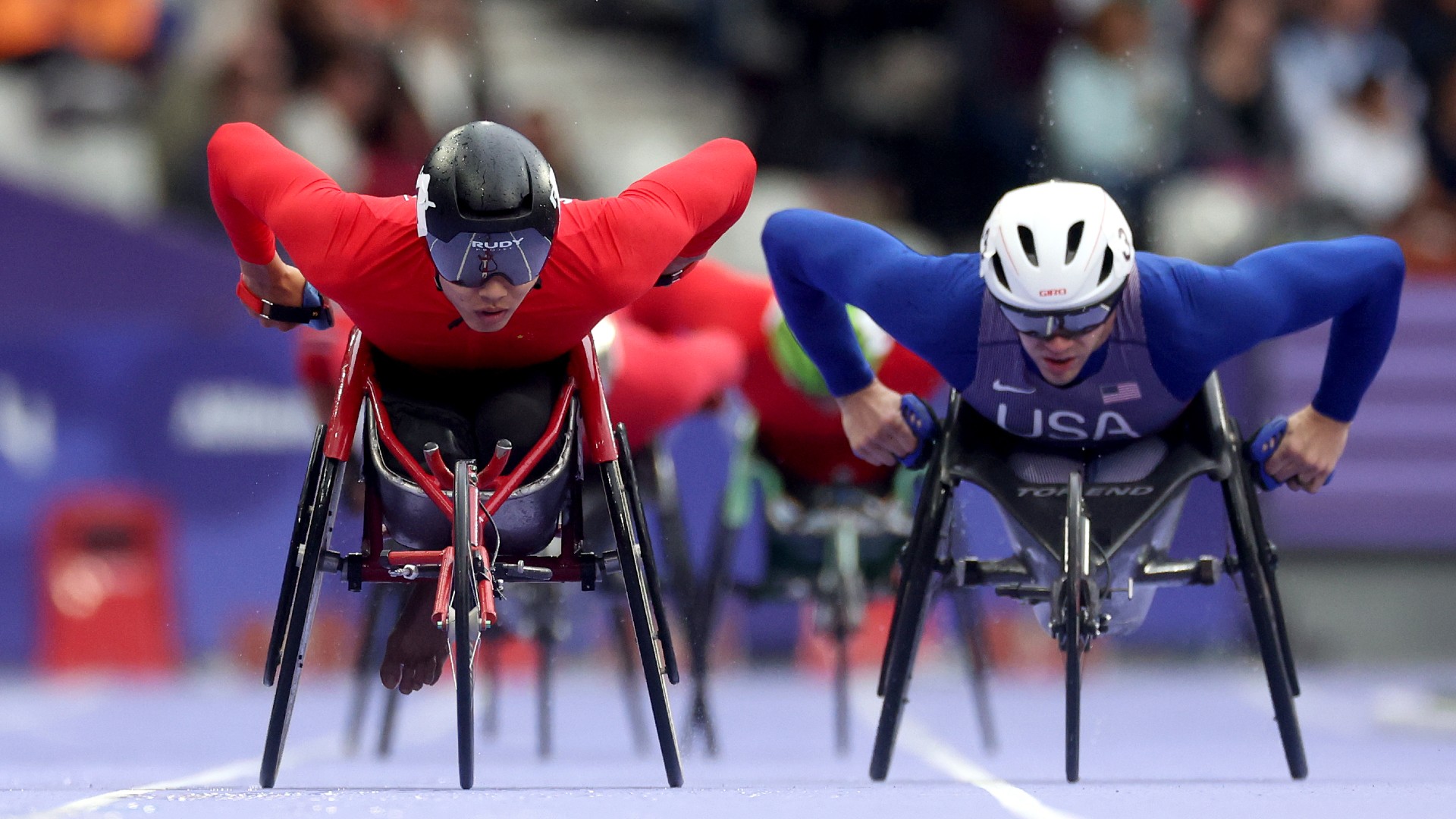 Paralympics: can Team USA turn things around for Los Angeles 2028?
Paralympics: can Team USA turn things around for Los Angeles 2028?Today's Big Question Beijing and London offer model for how hosting can lead to medal success as China maintains dominance
-
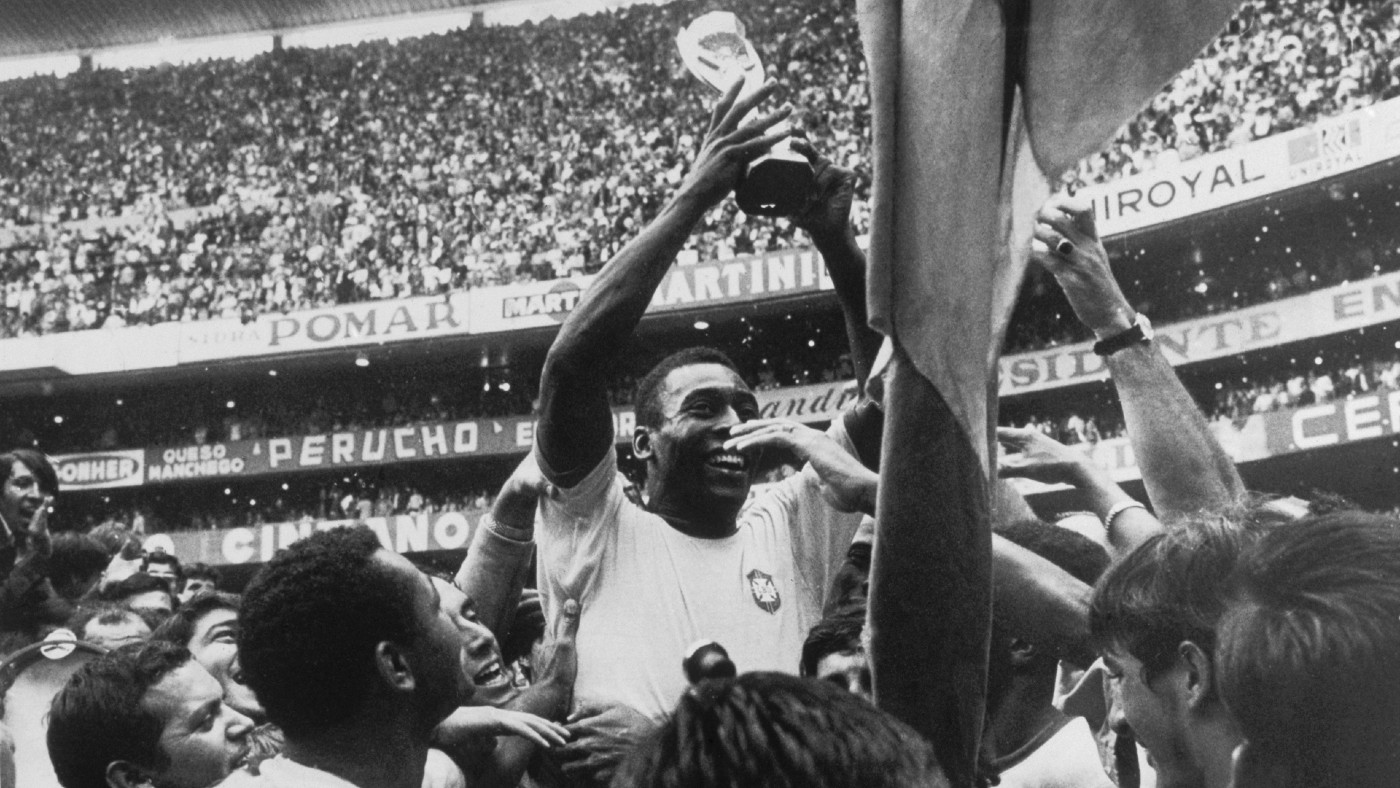 Pelé obituary: remembering the greatest footballer of all time
Pelé obituary: remembering the greatest footballer of all timeIn the Spotlight The Brazilian footballer, who died aged 82, was blessed with extraordinary skill in every aspect of the game
-
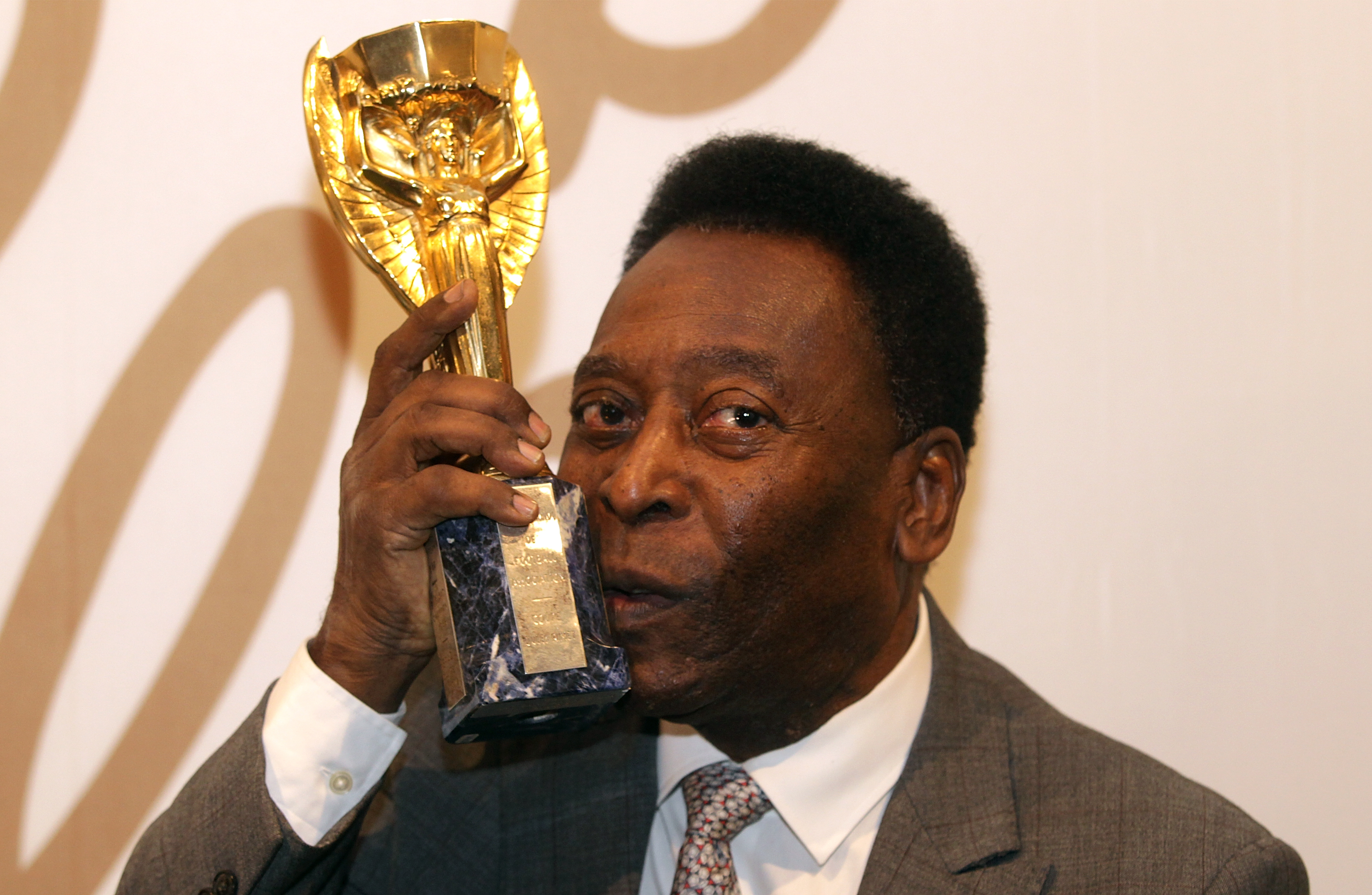 Iconic soccer legend Pelé dead at 82
Iconic soccer legend Pelé dead at 82Speed Read
-
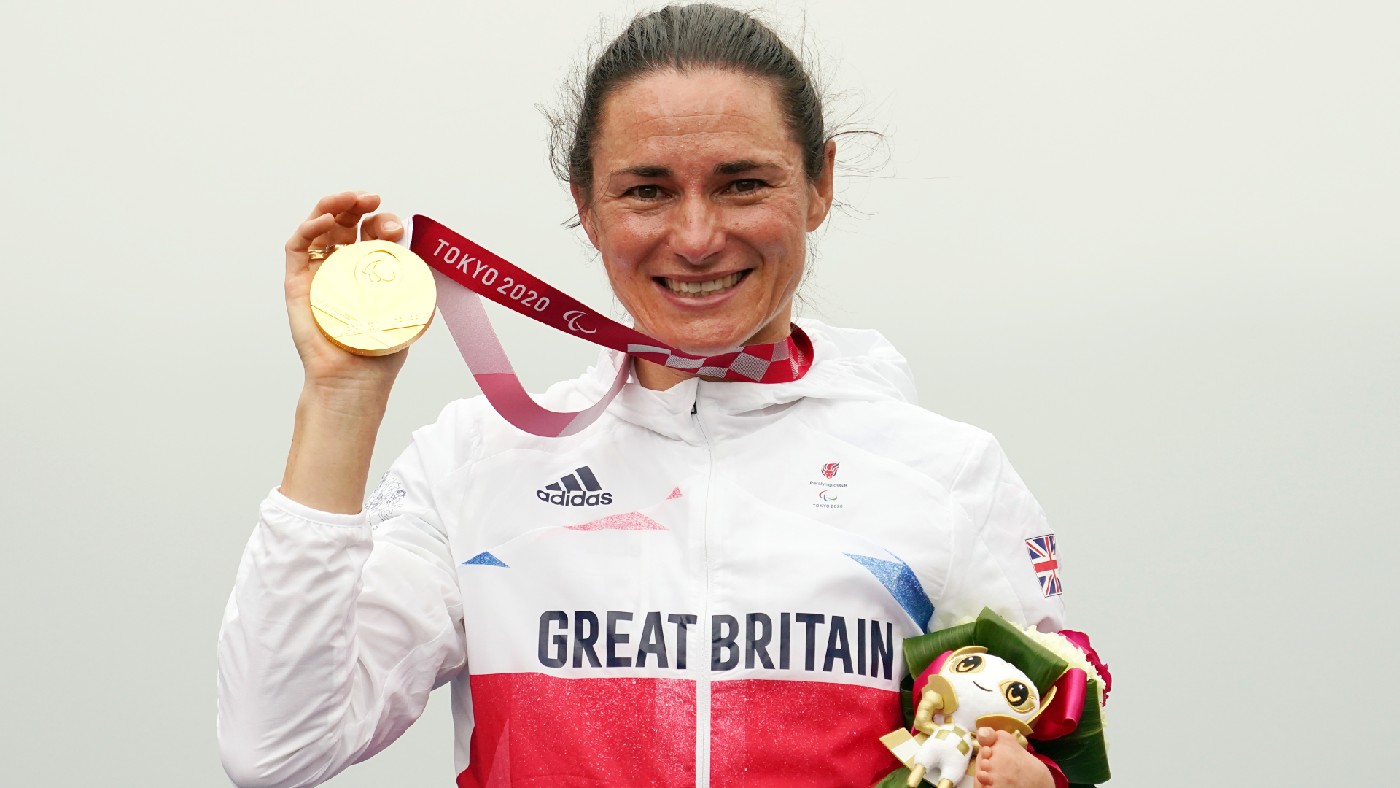 Britain’s greatest Paralympian: cyclist Sarah Storey
Britain’s greatest Paralympian: cyclist Sarah StoreyIn the Spotlight Her achievements are ‘off-the-scale extraordinary’
-
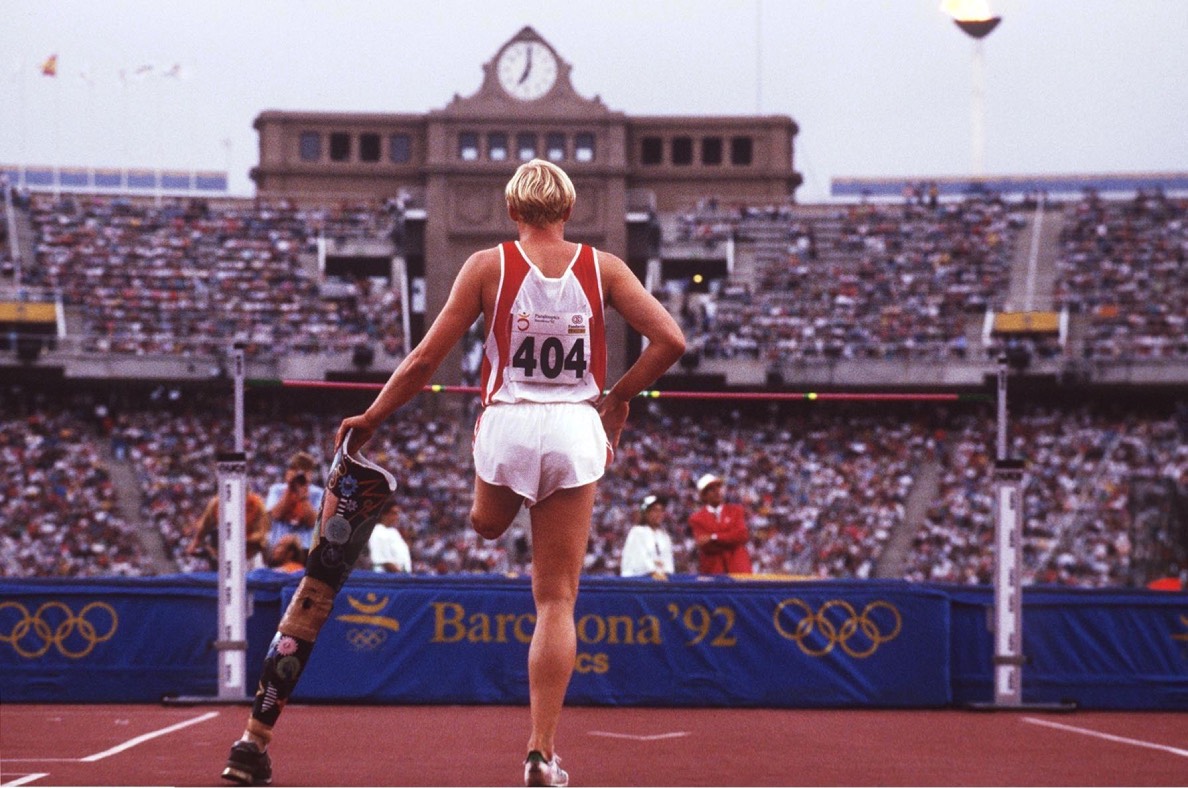 Timeline: a history of the Paralympics
Timeline: a history of the Paralympicsfeature Starting this week in Tokyo, the Paralympic Games has its origins in post-war Britain
-
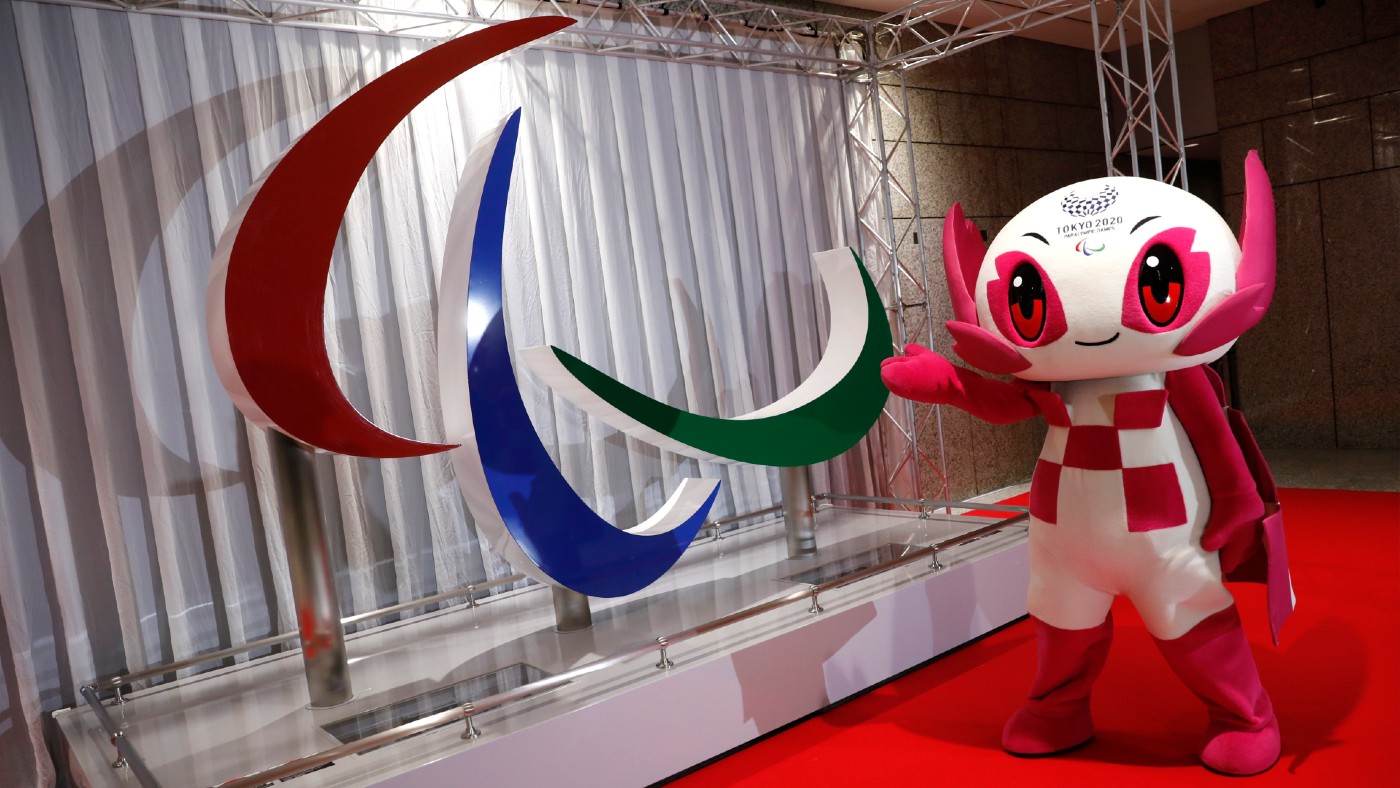 Tokyo 2020 Paralympic Games guide: opening ceremony, sports, venues and UK TV details
Tokyo 2020 Paralympic Games guide: opening ceremony, sports, venues and UK TV detailsIn Depth 4,350 athletes will compete across 22 sports in Japan’s capital city
-
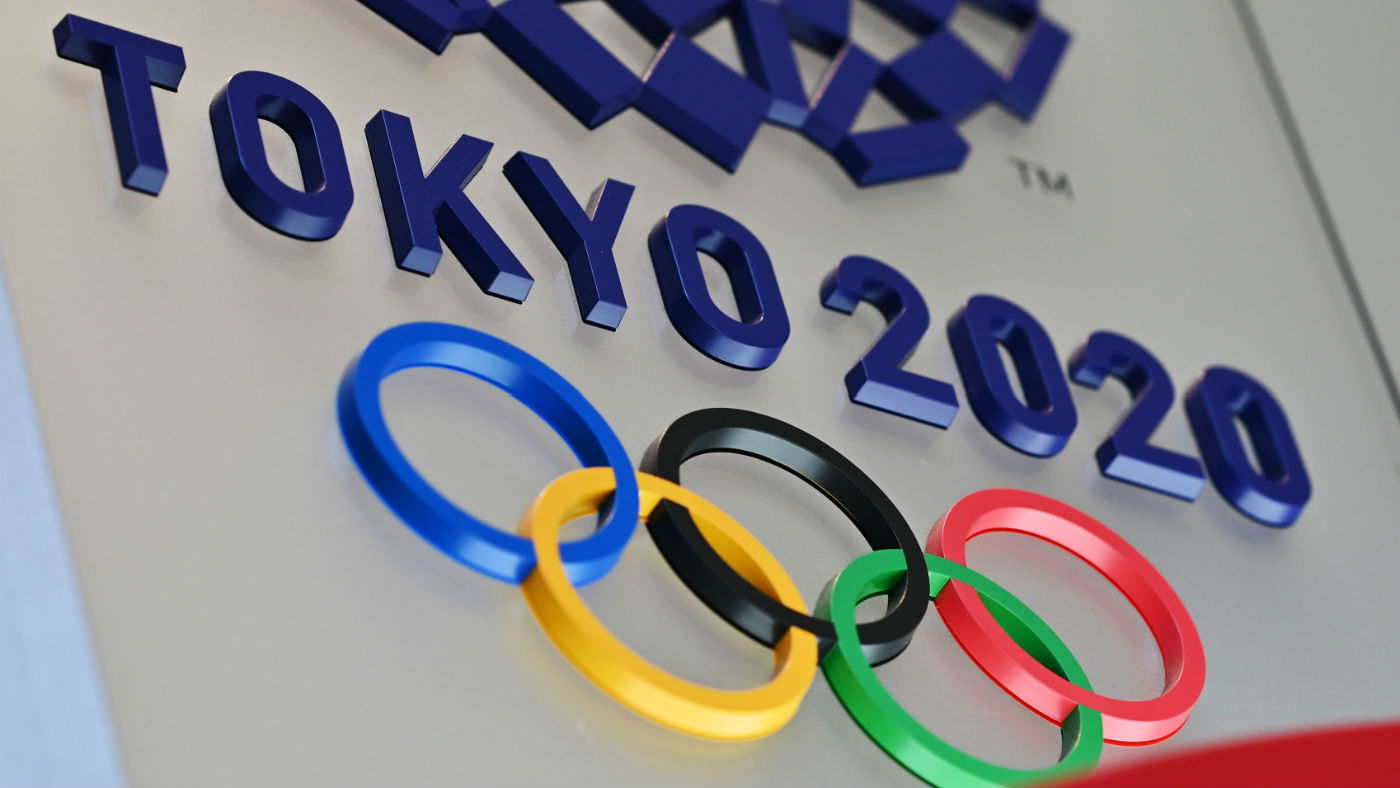 Sport shorts: dates confirmed for the Tokyo Olympics and Paralympics in 2021
Sport shorts: dates confirmed for the Tokyo Olympics and Paralympics in 2021Daily Briefing Ten things from the world of sport on Monday 30 March
-
 Today’s back pages: Olympic flame will continue to burn in Tokyo, football’s transfer window of opportunity, Kane on the mend
Today’s back pages: Olympic flame will continue to burn in Tokyo, football’s transfer window of opportunity, Kane on the mendDaily Briefing A round-up of the sport headlines from UK newspapers on 25 March